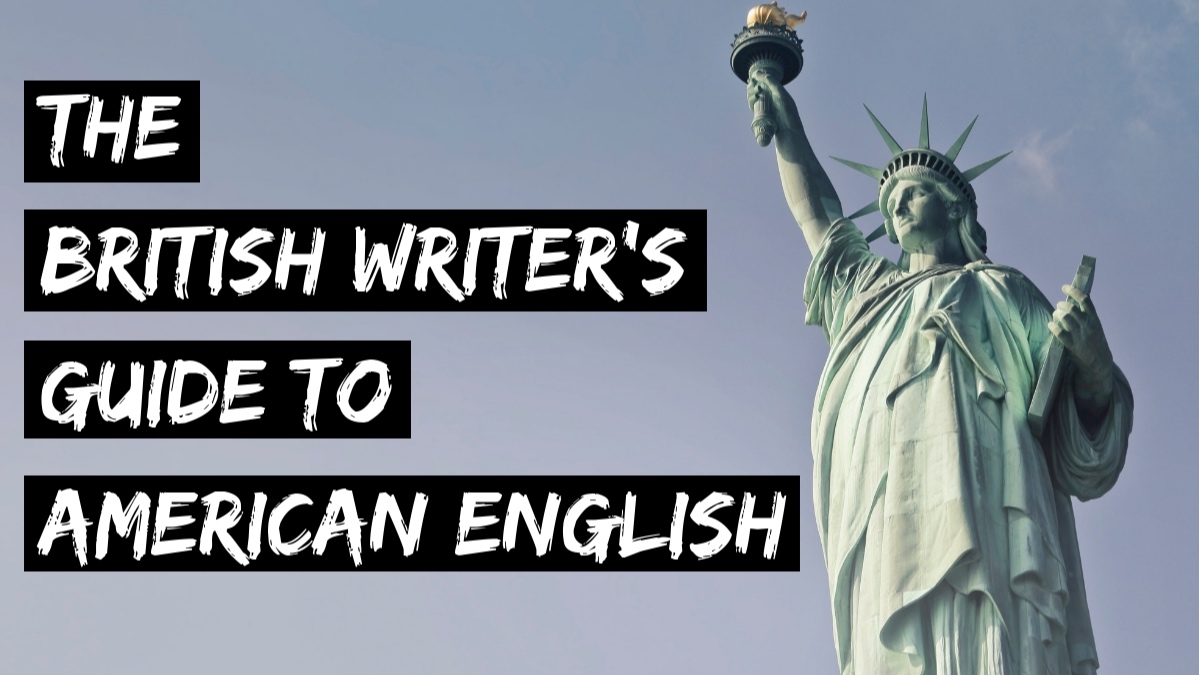The British writer’s guide to American English
Trying to write American English is a total brainfuck.
It’s like being stuck in a parallel universe where everything looks and feels like it should be the same, but isn’t.
Mastering the change of language is much more than swapping your ‘ise’ for ‘ize’ and omitting a few U’s here and there. We’re not talking 'taps' versus 'faucets' or 'sweets' versus 'candy'. We’re talking big-time grammar differentiators that can mess you right up if you don’t catch them.
The madness ends here, guys.
It’s time to crack the code of American English versus British English.
Exploring the past
American English favours the past simple, British English favours the past perfect. Getting it right is the future. Here’s how:
British:Have you got the drugs?
American:Did you get the drugs?
British:I went to the strip club
American:I’ve been to the strip club
Delexical verbs
We all know that a verb is a ‘doing’ word, so a delexical verb is a doing word that defers most of its meaning to the noun it's paired with. Examples of delexical verbs are: ‘go’, ‘make’ and ‘have’. Without verbs to go with them, they don’t really have a lot of use because they’re usually used to describe an action.
The change in this instance occurs between the delexical verbs ‘have’ and ‘take’. In most cases, a British person would use ‘have’ where an American says ‘take’.
British: I’m going to have a turn on that pogo stick
American: I’m going to take a turn on that pogo stick
Collective nouns
When we refer to a group of people, we use collective nouns: team, band etc. In American English, collective nouns are plural but in British English, they’re both singular and plural.
Americans see the group as many individuals but British folk see them both as individuals and as one singular body. You get me?
British: The wedding band are utter crap (plural)
British: This wedding band is crap(singular)
American: The wedding band are crap (plural)
Prepositions
Prepositions relate a noun or pronoun to another word in a sentence. Here’s how the weird and wacky world of American English switches up the uses:
British: I’m going to learn how to use these nunchucks at the weekend
American: I’m going to learn how to use these nunchucks on the weekend
British: It’s party central here, dawn to dusk
American: It’s party central here, dawn through dusk
Think you’ve got it sussed? Then go forth and write up a storm for our American chums and help that ‘special relationship’ flourish in your own way.

